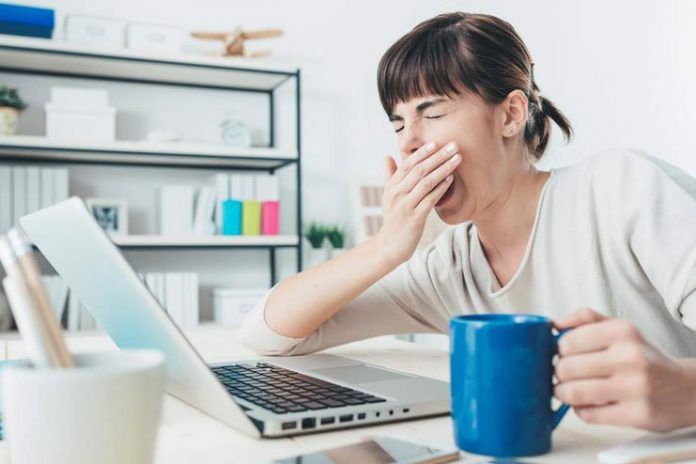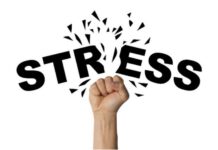Affiliate Disclaimer
Some links in this article are affiliate links. We may earn a small commission if you make a purchase through these links, at no extra cost to you. We only recommend products we find useful to our readersFinding yourself yawning a lot during work? How much sleep did you even get last night? It is often found that sleep deprivation not just affects one’s quality of life but does have the potential to end up hampering other accessory happenstances in one’s life.
Sleep deprivation can definitely stem from a number of reasons but the implications of these do have a number of negative impacts on one’s overall health. It is important to opt for effective measures to wipe this problem out for good.
By the end of this article, you will have a fair share of knowledge regarding everything there is to know about the treatment for sleep deprivation.
Table of Content
What is Sleep Deprivation?

According to some of the popular researches and expert opinions, it is believed that one should at least get seven hours of sleep in a day to ensure proper health.
Anything less than that or even lack of sleep throughout the day is what ends up contributing to the condition of sleep deprivation. Whatever the prospects be, it is quite important to ensure that you get not just the quantity but quality of sleep as well to ensure that your health is in the best of condition.
Sleep deprivation is defined as the condition in which an individual gets less sleep than what they need to feel awake and alert throughout the day.
What are the Stages of Sleep Deprivation?
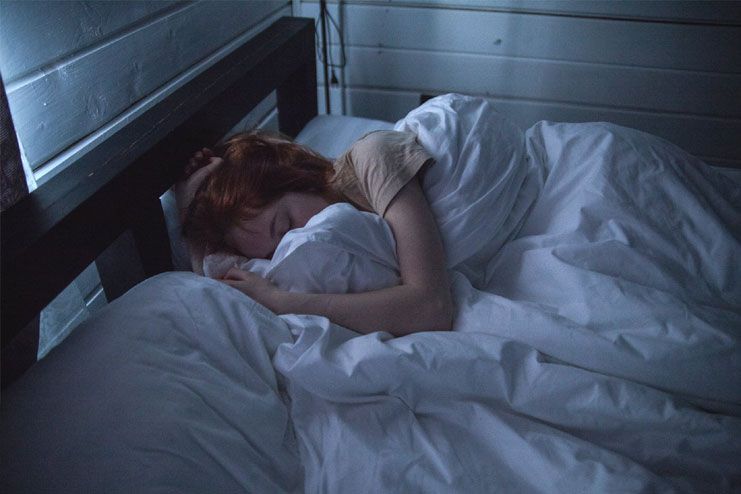 While there aren’t specifically any typical stages involved in the sleep deprivation, the condition is often times described because of the stages in the sleep cycle that we encounter.
While there aren’t specifically any typical stages involved in the sleep deprivation, the condition is often times described because of the stages in the sleep cycle that we encounter.
Our sleep is mainly divided into two distinctive stages:
- Non Rapid Eye Movement Sleep (Non- REM)
- Rapid Eye Movement Sleep (REM)
If you have been encountering sleep deprivation, chances are that your sleep has been either interrupted during the Non-REM or the REM cycle during the sleep. The best way to overcome that is to find where the problem is occurring and try and get help to overcome sleep deprivation.
What Causes Sleep Deprivation?
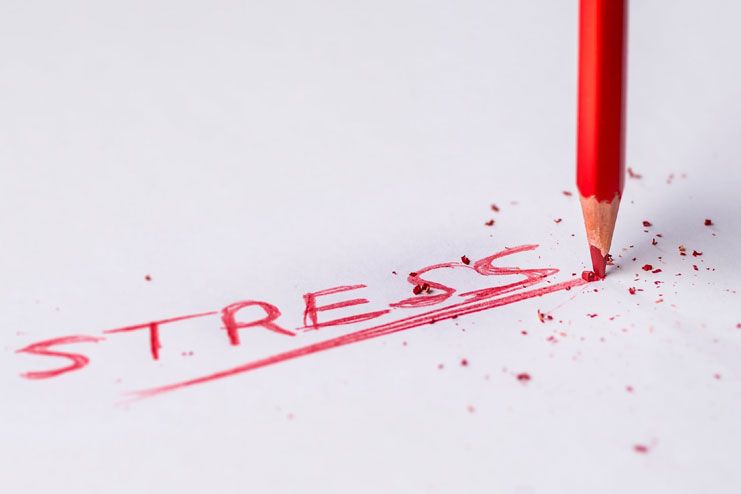 When it comes down to discussing about the causes behind the sleep deprivation, the possibilities can definitely be a lot extensive.
When it comes down to discussing about the causes behind the sleep deprivation, the possibilities can definitely be a lot extensive.
There are a number of factors influencing this all together that you possibly didn’t even know of. While temporary sleep deprivation can most definitely stem from a number of reasons, there are other accessory factors that does play a very important role in this.
Some of the common causes behind the prospect of sleep deprivation include:
- Stress
- Anxiety
- Sleep apnea
- Hormonal disbalances
- Chronic illness
Symptoms of Sleep Deprivation

Lack of sleep can not just make you cranky and groggy; it does have the potential to end up affecting your mood for the worse. Often times, you won’t even realize the negative connotation but the same is actually a lot impactful on your overall health altogether.
Some of the common symptoms of sleep deprivation include:
- Constant yawning
- Irritable behaviour
- Moodiness
- Feelings of fatigue
- Feeling low and depressed
- Lack of motivation to get things done
- Reduced libido
- Heightened cravings for unhealthy and carb rich foods
- Becoming forgetful
Side Effects of Sleep Deprivation
 As we did mention before, the prospects of sleep deprivation does have noticeable impacts on one’s overall health, affecting it for the worse.
As we did mention before, the prospects of sleep deprivation does have noticeable impacts on one’s overall health, affecting it for the worse.
Whatever the condition be, if you are not getting the optimal amount of sleep that your body need to rest and recover, there are a few side effects that you need to take notes of.
1. Can result in accidents
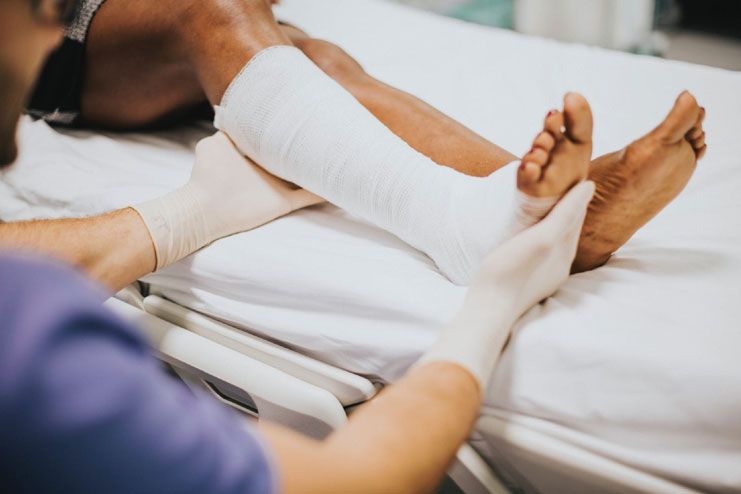 Lack of sleep can end up affecting the overall coordination of the body. You might not even realize this but the constant string of sleep deprivation does have the potential to end up resulting in accidents, like if you have not slept well and end up driving your car through in that state.
Lack of sleep can end up affecting the overall coordination of the body. You might not even realize this but the constant string of sleep deprivation does have the potential to end up resulting in accidents, like if you have not slept well and end up driving your car through in that state.
In one of the conducted studies, it was found that the lack of sleep is one of the primary reasons behind the heightened work accidents.
2. Derails your thoughts and Thinking the Process
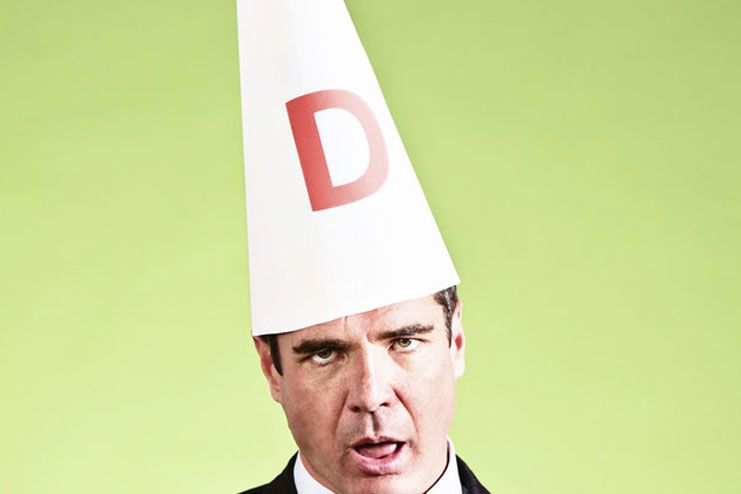
You technically might not realize this but sleep does play a very crucial role when it comes down to learning and thinking. Sleep deprivation has been found to have negative impacts on one’s overall cognitive process including alertness, concentration, problem solving skills and even attention.
Additionally, lack of sleep also hampers the process of memory consolidation, thus further affecting the overall cognitive process (R) in an individual. Lack of sleep makes it hard to commemorate what happened to you during the day.
3. Induction of Chronic Diseases
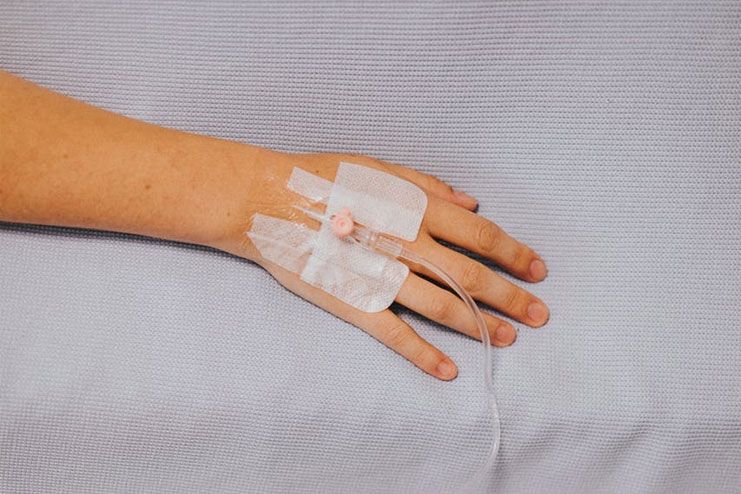 Yet another one of the common side effects associated with sleep deprivation is the fact that it increases the risks associated with the varying chronic diseases.
Yet another one of the common side effects associated with sleep deprivation is the fact that it increases the risks associated with the varying chronic diseases.
Some of the common chronic diseases that you are at risk of include:
- Heart disease
- Heart attack
- Hypertension
- Stroke
- Diabetes
4. Reduced Libido

Affected libido is one of the consequences you face with the condition of sleep deprivation. If you are experiencing lack of sleep on a daily basis, chances are that the same will negatively impact the sex drive too.
The combination of hampered energy levels along with the increased levels of tension is often believed to be the common reasoning behind the lack of sex drive in individuals.
5. Heightened risks of aging
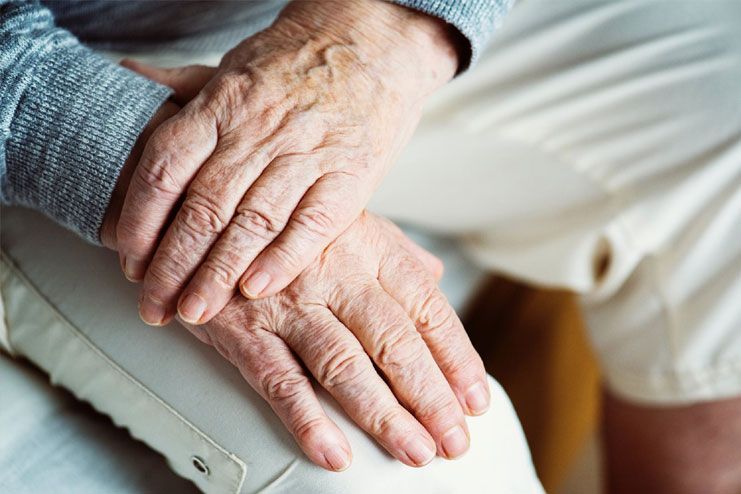 You won’t technically realize this but the lack of proper amount of sleep often does have the potential to enhance and hasten the process of aging. Majority of the people who suffer from sleep deprivation have been found to have noticeable symptoms of puffy eyes and tired face along with dark lines and dark circles under the eyes.
You won’t technically realize this but the lack of proper amount of sleep often does have the potential to enhance and hasten the process of aging. Majority of the people who suffer from sleep deprivation have been found to have noticeable symptoms of puffy eyes and tired face along with dark lines and dark circles under the eyes.
Lack of sleep has been found to enhance the secretion and release of cortisol into the blood stream. Cortisol is often associated with impacting the breakdown of the collagen in the skin, thus contributing to the risks of early signs of aging.
6. Risks of weight gain

Not just all of these impacts on one’s mental health and such, lack of sleep does have the potential to end up increasing the risks associated with weight gain as well. Sleep deprivation is often associated with heightened levels of hunger and appetite which is one of the reasons why it increases the risks of obesity as well.
In a conducted study back in 2004, it was found that the subjects who slept six hours or less in a day had a heightened risk of being obese by 30% in comparison to the ones who has a proper sleep of 7-9 hours.
Not just that, the lack of sleep has also been associated with the secretion of the hormones like ghrelin and leptin (R) which are responsible for regulating hunger and satiety in the body.
7. Heightened stress
 The last but not the least on the list of the side effects of lack of sleep is the fact that it heightens the stress levels in the body.
The last but not the least on the list of the side effects of lack of sleep is the fact that it heightens the stress levels in the body.
You won’t technically realize this but the same does have impacts in boosting the secretion of cortisol in the body. The heightened levels of cortisol in the body is what is associated with the symptoms and complexities of stress altogether.
How to Deal With Sleep Deprivation?
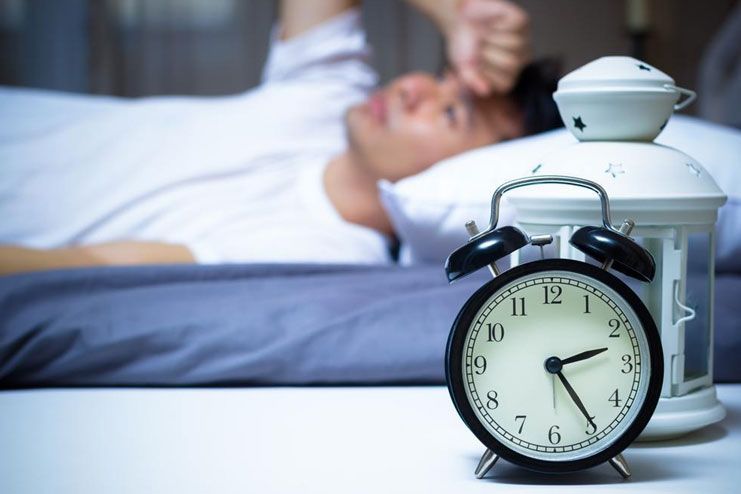
Now that you are aware of the consequences that come along with the lack of sleep, it is time we divert our focus on the ways in which one can deal with sleep deprivation.
In here, we are going to suggest some of the effective ways to deal with sleep deprivation without any negative impacts on the body.
1. Have a Sleep Sanctuary
 We often drag out our entire existence into our bedrooms which is possibly one of the worst things that you could do. Instead of doing that, try and ensure that your bedroom and your bed specifically is just for sleeping, engaging in intimate moments and something accessory that doesn’t technically mix in your work too.
We often drag out our entire existence into our bedrooms which is possibly one of the worst things that you could do. Instead of doing that, try and ensure that your bedroom and your bed specifically is just for sleeping, engaging in intimate moments and something accessory that doesn’t technically mix in your work too.
Keep any kind of technological distractions out because even those tend to have negative impacts on your sleeping abilities.
2. Don’t rely on Daytime Naps all the Time
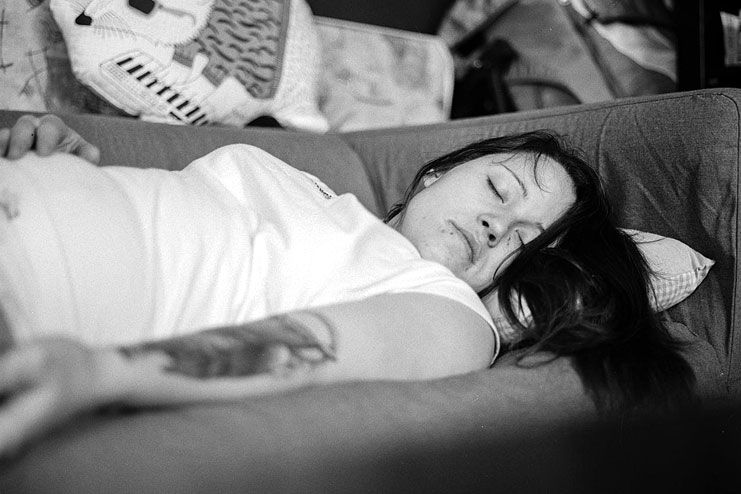 We know how tempting naps can be but often times; these are one of the primary reasons behind sleep deprivation.
We know how tempting naps can be but often times; these are one of the primary reasons behind sleep deprivation.
If you are struggling around with getting proper sleep at night, chances are that your daytime naps are to be blamed for the same. It is important to ensure that you take a nap only when it is necessary. Don’t go overboard with this because the same can end up causing issues all the more.
3. Caffeine Management
 Coffee is often one of the most common reasons behind the lack of sleep, especially if you drink it as if your life depends on it. It is best suggested to ensure that you avoid drinking coffee after noon because that same does have the potential to end up keeping the “nervous system” alert, thus preventing you from getting proper sleep.
Coffee is often one of the most common reasons behind the lack of sleep, especially if you drink it as if your life depends on it. It is best suggested to ensure that you avoid drinking coffee after noon because that same does have the potential to end up keeping the “nervous system” alert, thus preventing you from getting proper sleep.
4. Maintain the Room Temperature
 One of the most common ways to cure sleep deprivation is by ensuring that you do maintain your room temperature. Very hot or humid room temperature does have the potential to hamper your sleep cycle all the more.
One of the most common ways to cure sleep deprivation is by ensuring that you do maintain your room temperature. Very hot or humid room temperature does have the potential to hamper your sleep cycle all the more.
If you wish to recover from sleep deprivation, it is very important to ensure that you do maintain the room temperature atleast around 23-27 degrees centigrade all the time during the night.
This helps provide with quality sleep and even helps you deal with sleep deprivation.
5. Avoid Exercising Before Bedtime
 Yet another one of the amazing ways to treat sleep deprivation is by ensuring that you do avoid exercising before bedtime. When we mention that, it is not technically about just an hour or so before, it is important to ensure that you don’t indulge in any kind of physical exercising at least 3 hours before bedtime.
Yet another one of the amazing ways to treat sleep deprivation is by ensuring that you do avoid exercising before bedtime. When we mention that, it is not technically about just an hour or so before, it is important to ensure that you don’t indulge in any kind of physical exercising at least 3 hours before bedtime.
6. Manage your Stress
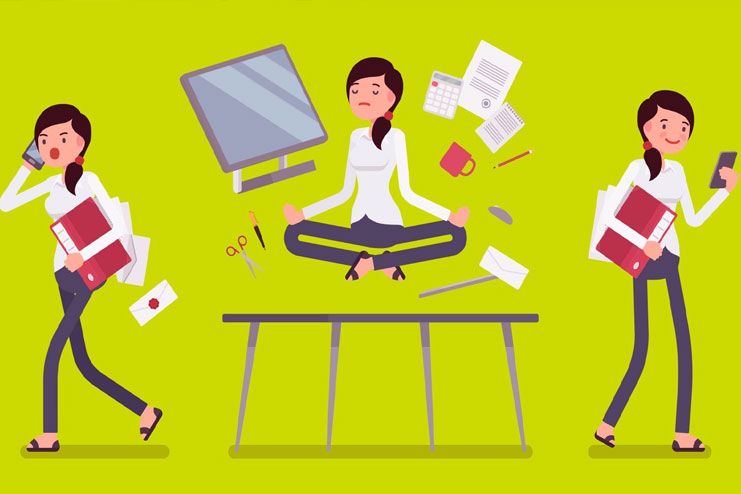
When it comes down to talking about the ways to cope with sleep deprivation, one of the best ways to combat that is by managing your stress.
The heightened levels of cortisol in the body are often associated with the lack of sleep that you are struggling with. Meditation and similar stress management methods can actively help out a lot in managing the problems associated with the lack of sleep that you have been experience all the more.
7. Consult a Specialist
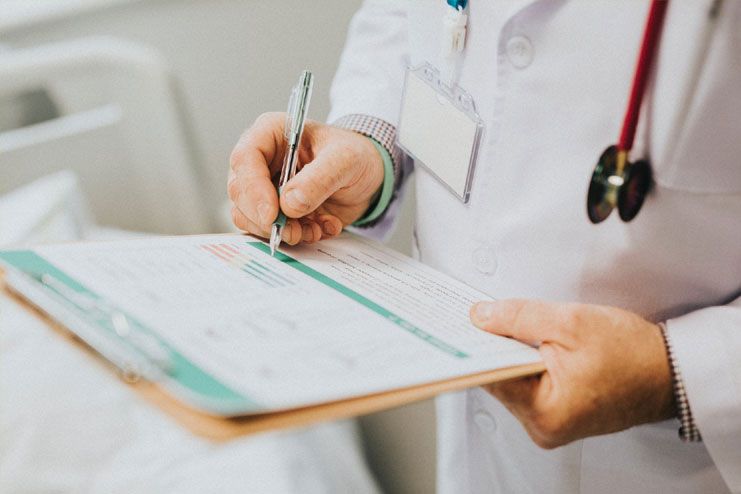 Often times it happens that you experience the signs and symptoms associated with sleep deprivation even when you have little to no issues with your health. That is when you need to step out and assess things singlehandedly.
Often times it happens that you experience the signs and symptoms associated with sleep deprivation even when you have little to no issues with your health. That is when you need to step out and assess things singlehandedly.
If you are finding it very difficult to get some quality sleep with each passing day without any kind of underlying medical inaccuracies, it is best suggested to ensure that you consult a specialist to get the problem checked out for good.
How to Prevent Sleep Deprivation?
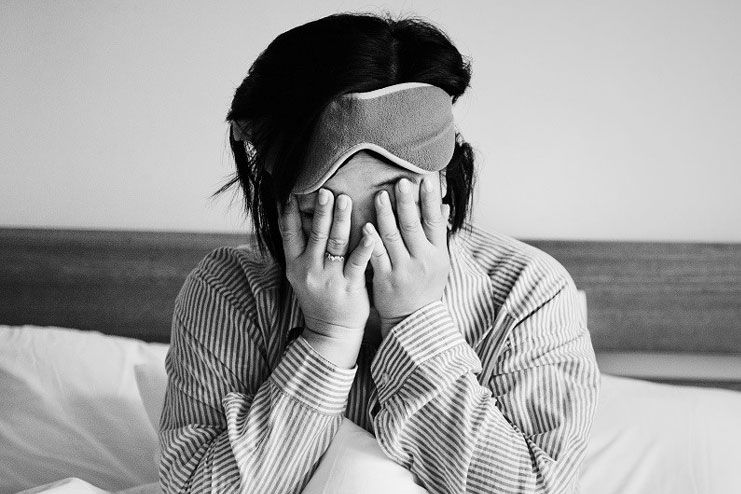
As mentioned before, the lack of sleep does have the potential to have negative impacts on one’s overall health. While there are a number of ways to cope with sleep deprivation, it is important to prevent it in the first place if the same does work out for you.
Except for the treatment options, it is important that you make healthier switches in terms of diet and lifestyle to be able to combat the condition all the more. Whatever the consequences be, it is quite important to ensure that you do take some time out to pay close attention to this before the problem becomes chronic.
In order to cope with sleep deprivation, you need to know the ways that can help rectify the condition. Whatever the prospects or causes behind the lack of sleep be, it is quite important to ensure that you do focus on recovering from this condition all the more. You technically won’t even realize this but the condition is definitely something that you can manage just by making better choices.
In this Article












